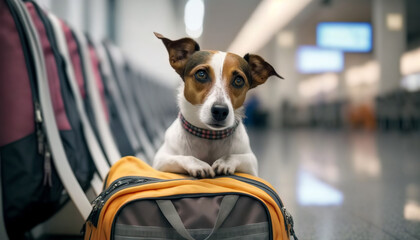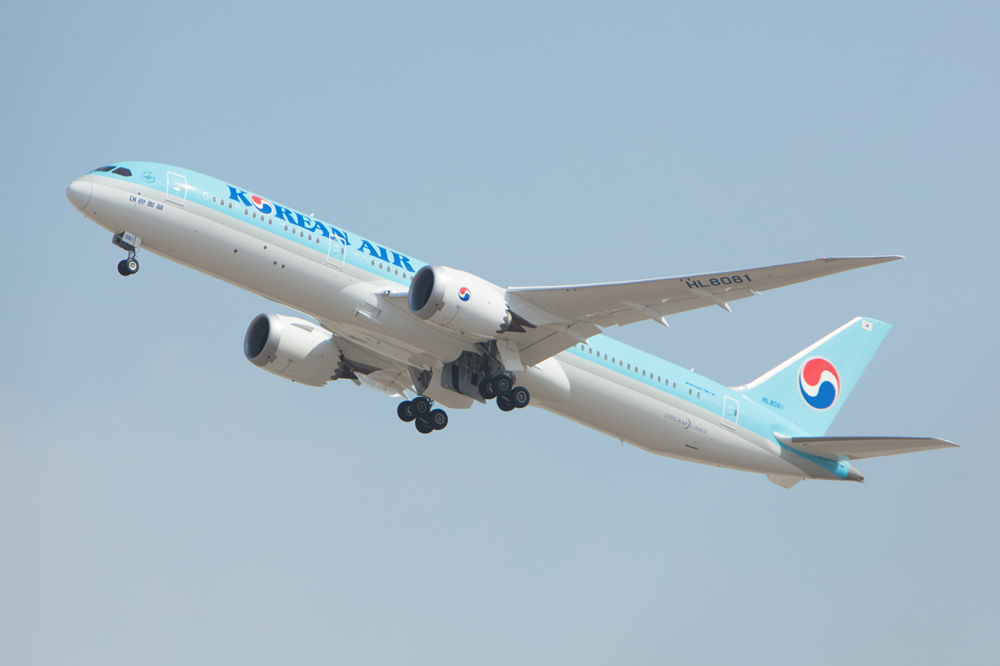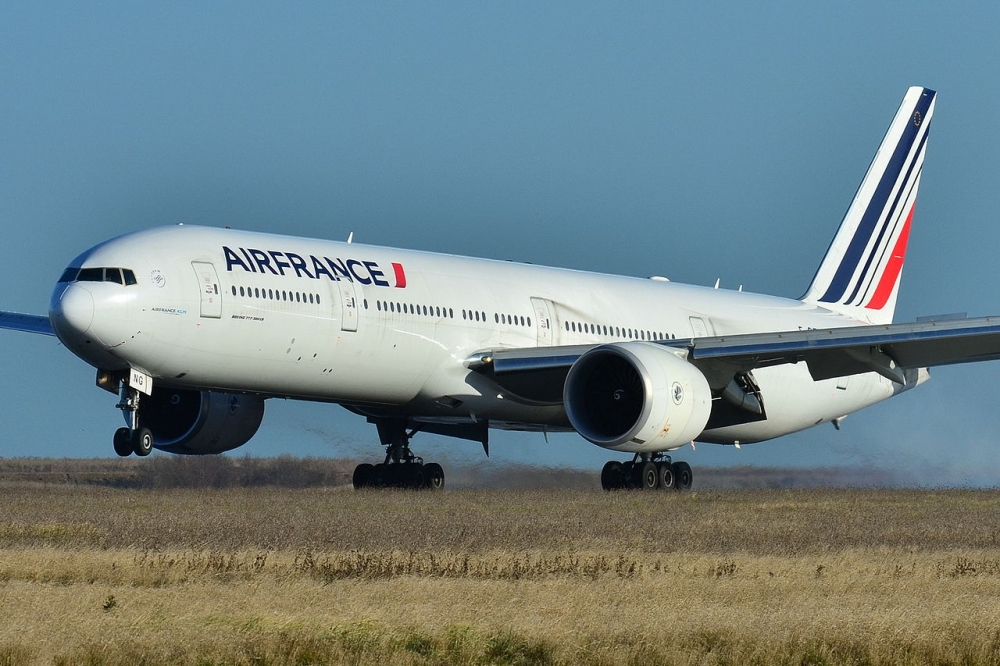The International Air Transport Association has attacked as “misguided” a move by the French government to slug airline passengers with an “eco-tax”
The new tax will cost passengers up to €18 ($US20.20) and will be levied on passengers flying from the popular tourist destination.
The tax on tickets will apply to flights within France and the European Union as well as flights leaving Europe.
It will vary from €1.50 ($US1.70) for economy tickets within France or the EU to €18 ($20.18) for business class tickets on flights out of Europe.
The government expects to raise €180 million from 2020 and French Transport Minister Elisabeth Borne said the money would be invested in less polluting transport such as rail.
Airlines are opposed to the tax and say that if it is levied, the money should be invested in technology such as biofuels that would benefit aviation.
READ: United eco flight showcases airline responses to climate change
“This tax is misguided,’’ IATA said in a statement.
“Since 1990, airlines have reduced carbon emissions per passenger 50 percent and from 2020 will be paying to offset all the growth in emissions
“A tax will not help the industry to invest in cleaner fuels and technology.
“It will also damage EUR 100 billion that aviation generates for the French economy, and 500,000 new jobs are at risk from the lack of competitiveness of French aviation.”
IATA said four out of five French residents did not trust its government to spend environmental taxes on environmental action.
“On their behalf, we will hold the French government to account to spend this tax on accelerating aviation sustainability, especially prioritizing more efficient air traffic control and promoting sustainable fuels,’’ it said.
Air France said it strongly opposed the new tax, which would significantly hurt its competitiveness and represented an additional cost of over 60 million euros ($US67m) annually.
“This measure would be extremely penalizing for Air France, of which 50 percent of its flights are operated out of France, and notably for its domestic network, where losses amounted to above 180 million euros in 2018,’’ it said.
“In addition, last month, the government had ruled out taxation at (a) national level due to the unfair competition that this would cause.”
“The government’s decision is all the more incomprehensible as this new air transport tax would reportedly finance competitive modes of transport including road transportation and not the energy transition in the air transport sector.
“Such a transition could have been facilitated by supporting the implementation of sustainable biofuel industries or disruptive innovations.”
Environmental groups criticized the tax as not going far enough.
They were backed by legendary British conservationist Sir David Attenborough who told a UK parliamentary committee that air travel should be made more expensive to help tackle climate change.
“I think that one way to reduce these things is to count the costs of what it is that air travel costs in real terms – in what it costs the environment,” he said.
“And if you cost that, then you will see the tickets are extraordinarily cheap.”
He agreed that more expensive tickets could affect the access to air travel of those less able to pay.
























